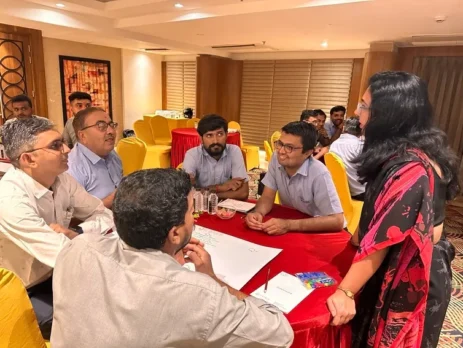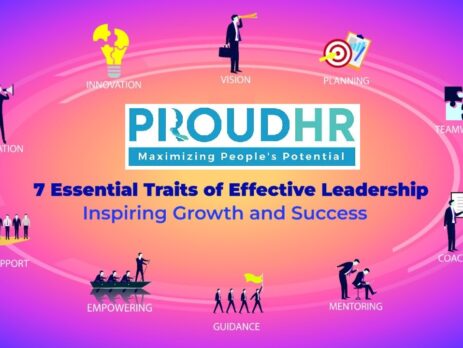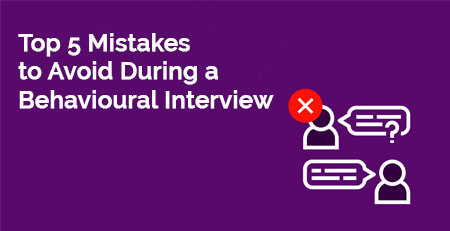How to Ensure Learning of Soft Skill Training is Reimbursed
Enhancing the impact of soft skills training: a comprehensive guide. In the modern work environment, the significance of soft skills is on par with technical proficiency. These crucial non-technical skills—such as effective communication, collaboration, critical thinking, and emotional intelligence—are vital for fostering a productive and harmonious work atmosphere. Soft skills training prepares employees to communicate and work harmoniously with their colleagues. By offering comprehensive training programs, organizations can equip their employees with the necessary skills to excel in their positions, [...]










